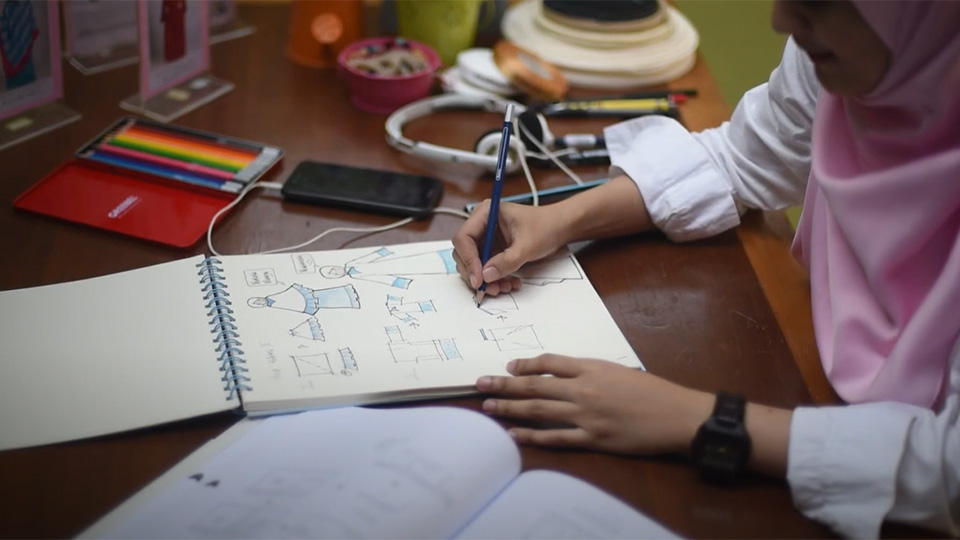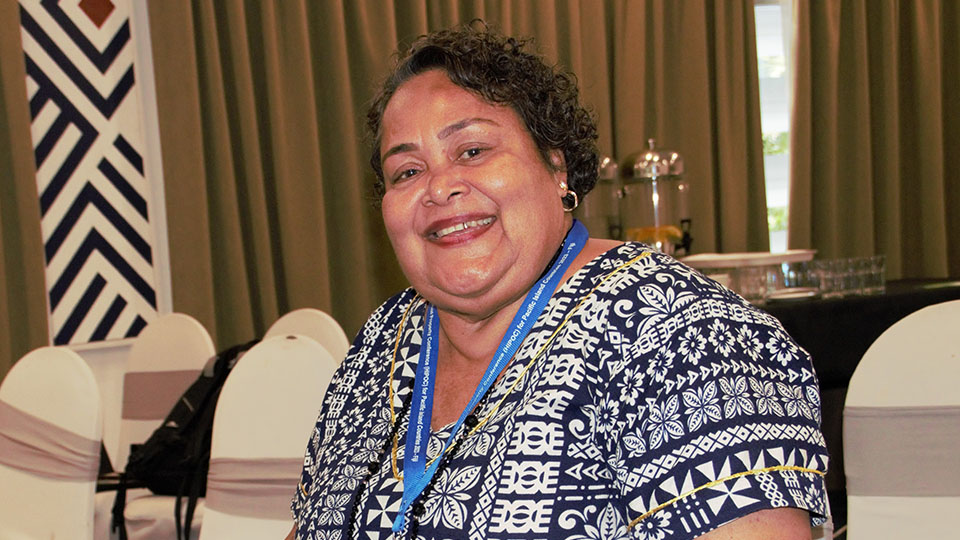In 2003 Irmela Harz, a high altitude medicinal plant specialist, and Karma Yangzom, a consultant in the field of environmental assessment and rural development embarked on a study on the feasibility of introducing an organic label in Bhutan. Little did they know that their study would lead to the creation of BioBhutan, the first privately owned enterprise in the country specializing in organic and natural products.
Recruited as consultants by the Swiss-Bhutan Friendship Association with the support of Helvetas Bhutan, Irmela and Karma were tasked to identify candidate products in Bhutan that could be certified organic and marketed in local and international markets.

Upon completion of the study in 2004, the two ladies presented the final report to Helvetas, only to be surprised with an offer of a soft loan of BTN 5.6 million (US$ 74,870) for establishing a private enterprise to apply the findings of their study. Thus began the journey of BioBhutan.
The first products developed and marketed under the business enterprise in 2004 were lemongrass oil and a lemongrass-based air spray. Today BioBhutan is a private limited company with a portfolio that has expanded to natural handmade bar soaps, essential oils, herbal teas, spices, and honey, with a logo registered at the Bhutan IP office.
BioBhutan reaching Gross National Happiness goals
As passionate advocates of environmental and farmer welfare, both Karma and Irmela were determined to have all raw materials for BioBhutan products harvested and processed in an environmentally sustainable manner whilst contributing to employment and income generation for farmers in rural Bhutan.
By doing so BioBhutan sought to embrace the essence of Gross National Happiness (GNH), a term coined by the fourth King of Bhutan and included in the constitution in 2008. “The GNH index, which includes 9 domains,” explained Karma, “tracks not only economic and monetary growth but also spiritual and psychological wellbeing, as well as the condition of the natural environment.”
Consistent with the goals of GNH, BioBhutan promotes ecological diversity and resilience, provides training in natural and organic production to farmers, and participates in higher living standards for farmers.
Supporting 260 Farmers’ Family in Bhutan
Currently, the company supports some 260 households (about 1300 individuals), under 16 farmers’ groups, from 7 districts located in western, eastern, southern, and central Bhutan.
According to Ugyen, who took over as the CEO of the company in 2011, “BioBhutan is not trying to sell just a product but to share the stories of the people involved in the creation of the products to consumers.”

BioBhutan’s Pricing Strategy in line with farmers’ welfare
“With farmer welfare as a cornerstone value of BioBhutan, it is essential that the company finds the right balance between paying a higher price for resources and charging a premium price towards its customers” explains Ugyen. This is embedded within the strategy of the company to directly purchase raw materials from the farmers/suppliers without intermediaries. This provides farmers premium prices for their produce and at the same time benefits Bio Bhutan in terms of product safety compliance and quality through efficient timely logistic arrangements.
With a niche market that specifically focuses on nature-oriented goods targeted towards eco-conscious consumers, BioBhutan has developed a unique business model that integrates the sharing of benefits with local communities (raw material suppliers) resulting from product research, development, and sales. The company shares the benefits with Dagala Community Groups through the access-and benefit-sharing agreement with the community groups.
Extending the Value Chain with Challenges ahead
“An important characteristic of the BioBhutan business model is the extension of the value chain from the raw material to the finished product.”
The products are sold both through domestic and international channels. Domestically the products are sold in high-end handicraft shops, supermarkets, high-end grocery shops, and hotels, which cater mostly to tourists and expatriates. Products are also sold in other countries, although Germany remains BioBhutan’s main market.
Although the business has grown and now employs 15 staff members, the company still struggles with many challenges, notes Ugyen. One of those challenges is the high cost of transportation. The issue is not the lack of demand, he said, but finding cheap travel arrangements. When customers place a small order, the shipping cost far exceeds the actual price of the product.

Another challenge is the lack of human resources, particularly in the area of product research and development (R&D). Even the primary packaging material such as bottles or sachets has to be imported from either India or China.
Furthermore, for SMEs in Bhutan, it is difficult to find specialized staff, and if there are experts, they are expensive.
“We do not have the human capacity to develop products, take care of the branding, and get them to a niche market” explains Ugyen.
Valuable lessons for entrepreneurs
After 16 years, BioBhutan has learned many valuable lessons from its experience. One is the importance of support from government and non-governmental institutions for an SME. It is also important to set quality parameters “as only high-quality products will find their way into regional and international markets”, and that the quality is defined by buyers, noted Karma.
The role of donor-aided projects and grant money is of paramount importance for SMEs in Bhutan where access to financing is difficult. After the Helvetas’ soft loan, BioBhutan’s survival depended on projects, involving product development, financed by the Dutch Government.
Another lesson revolves around the importance of receiving expert legal advice on intellectual property rights and ownership, especially in the context of partnership agreements.
BioBhutan’s plans for the future
The company registered the BioBhutan logo, and a trademark logo developed for the Japanese market and registered at the Department of Intellectual Property in Bhutan.
For the future, BioBhutan hopes to overcome current challenges, strengthen its research and development section to develop new products, and continue to follow its ethical principles of maintaining a fair and responsible relationship with farmers.
Plans also lie in the establishment of regional offices in Bhutan, and the development of new business partnerships in other countries, such as the one enjoyed with Primavera Life in Germany.
The improvement of international banking and IT capacity and security in Bhutan’s banking sector is expected to lead to an increase in export sales through online orders for BioBhutan, which currently proves difficult, as international customers cannot pay using credit cards or other virtual banking platforms.
Currently, BioBhutan also hopes to secure national and international certifications and gain higher levels of trust and confidence from buyers.
South-South Cooperation for soap manufacturing
A South/South Cooperation project in 2009/2010 involving Bhutan, and Costa Rica was funded by the Dutch Government to explore ways for value addition for natural resources through product development and marketing in Bhutan and Costa Rica. In Bhutan, the project focused on a soap based on lemongrass oil, and in Costa Rica on a herbal soap.
In Bhutan, the beneficiary farmer groups were two newly created community forestry groups in the lemongrass growing region of eastern Bhutan, and in Costa Rica, it was a women’s group that cultivated medicinal plants and herbs, called the Women’s Association Agro-industrial or ASOMAG based in San Luis, Grecia, Costa Rica.
The project resulted in BioBhutan developing a unique soap entirely based on sustainably grown, harvested, and processed products from Bhutan, such as mustard oil, ginger powder, turmeric powder, Artemisia oil, rhododendron oil, and lemongrass oil. The soap remains one of the best-selling products of BioBhutan and is regularly exported to Germany under the NaTrue label, a high-end eco certificate for cosmetic products.



